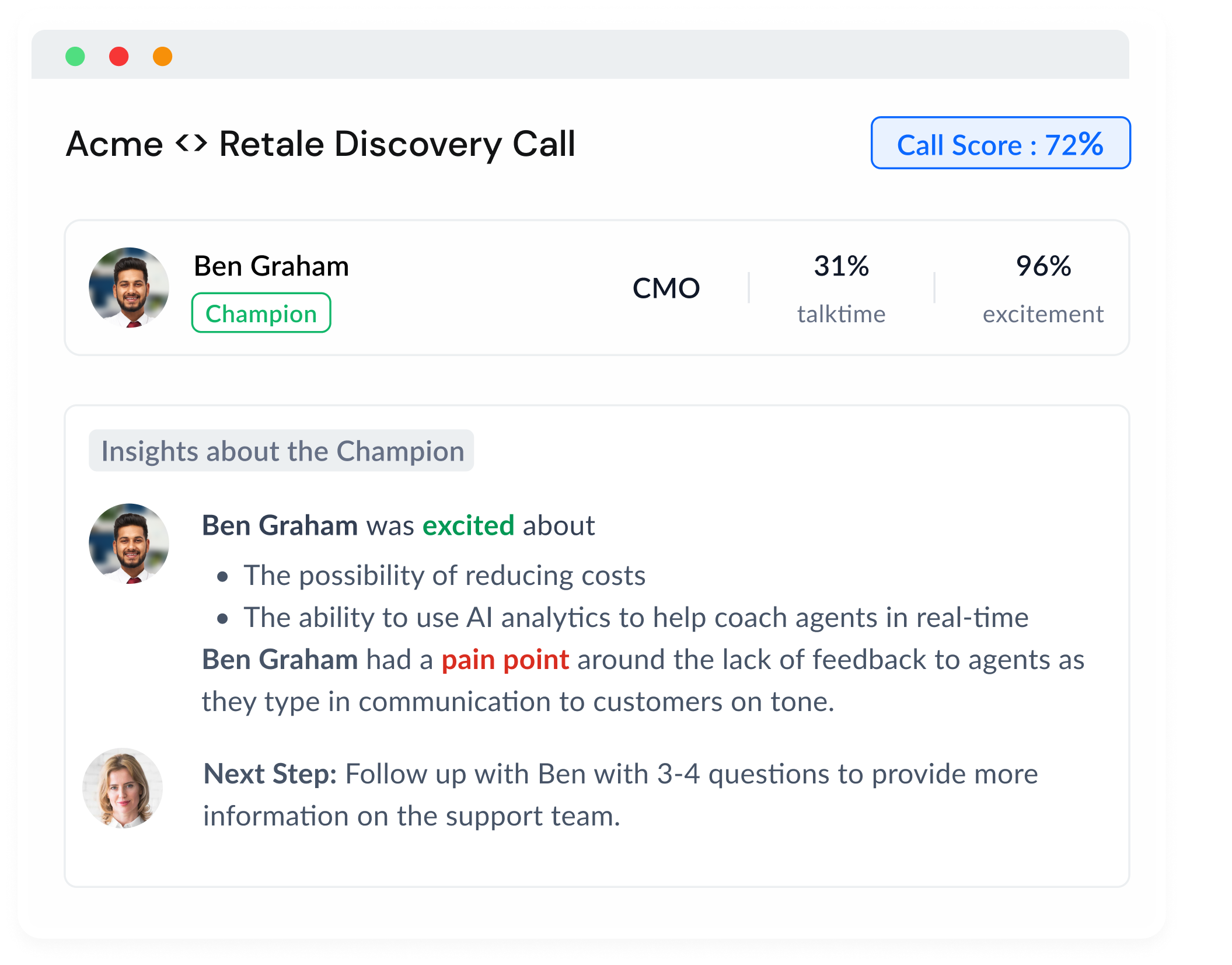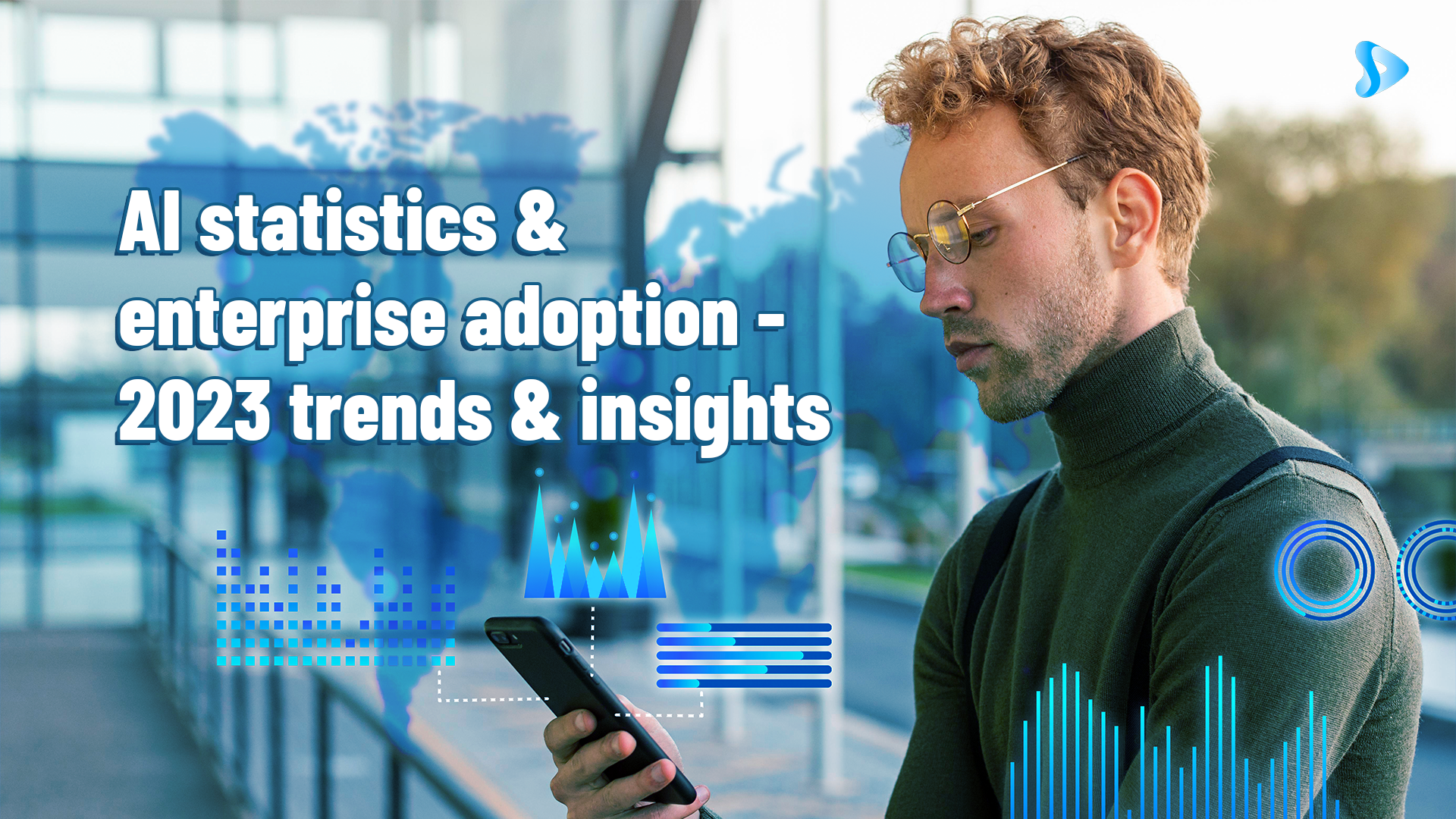Things are heating up in the AI space. And when things get this hot, regulators sit up and take notice!
For some time now, Elon Musk has been sounding the alarm bells about the potential dangers of unregulated AI. His prayers have finally been heard.
In the latest AI regulation news, Kamala Harris met big tech leaders - Google, Microsoft, the usual suspects - and then released a statement referencing the private sector's "ethical, moral, and legal responsibility" in matters of AI innovation.
Within hours, it was touted that Harris was stepping up as the "AI czar" for regulation. This could be the beginning of real regulatory discussions around AI, and would surely have wide implications going forward. We can try to take a stab at how the story around AI will shape up in the next few years, given what we’ve seen so far from tech leaders, the so called “AI doomers” and “AI accelerationists”, and the government.
As a co-founder of Sybill, a behavior intelligence and generative AI startup, I find it fascinating that VP Kamala Harris has been appointed as the czar. It got me thinking about the potential impacts, challenges, and opportunities that may arise from this move.
Regulation: A necessary evil for the future of AI systems
As the world becomes more reliant on AI, a robust regulatory framework is critical to protect the interests of citizens. This is nothing new - every technology with wide-ranging societal impact runs into regulation at a certain point in its trajectory. Regulation both helps define the broad spectrum of use cases that the technology is best suited for, and defines the guardrails necessary for it to function for the benefit of society.
This ensures that AI systems are developed and used responsibly, ethically, and in a manner that benefits society. Another crucial element of regulation is that AI systems do not perpetuate existing biases or discriminate against certain groups of people. VP Harris's background as a social justice champion could serve her well in this regard as she seeks to create a regulatory environment that encourages the development of safe and inclusive AI.
But one of the primary challenges that VP Harris - or anyone in that role - will face is striking the right balance between regulation and innovation. The United States has long been a hub for digital transformation, and it's essential that we continue to foster a competitive AI market without breaking the spirit of innovation.
There's also the question of how exactly AI regulation will be enforced. As we've seen with the GDPR in Europe, creating a regulatory framework is just half the job. Enforcing it can be a complex and time-consuming process. It will be interesting to see how VP Harris navigates this challenge and collaborates with various stakeholders to develop a system that works for everyone involved.
VP Harris and her team must also consider the global context of AI regulation. Borders don't limit AI or any other technology anymore. So, any form of regulation will have to involve working closely with other nations and global organizations to develop shared principles and standards that can be applied across the world.
Sam Altman, the CEO of OpenAI, goes deeper into this global regulatory body idea in this conversation with the Stripe CEO Patrick Collison: Sohn 2023 | Patrick Collison in conversation Sam Altman
Size doesn't matter
While meeting with the leaders of tech behemoths Microsoft and Google (who share ChatGPT, Bing Chat and Bard just between them) is a step in the right direction, it is just the first among many steps. The AI landscape is getting shaped at a rapid pace not just by trillion dollar tech empires, but also by little upstarts with inspiration and drive. The open source AI market is heating up, and a lot of the tooling and development around AI is being fueled by companies like LangChain, Chroma, and the open source powerhouse HuggingFace.
The US has a colossal AI community and some of the sharpest minds working on truly generational AI products. And they have made it their personal responsibility to do right by users. Take the example of Anthropic AI, working on what it calls Constitutional AI, putting specific values and ethics at the core of AI system development.
Smaller AI players are pioneering the development of safe AI that strives for transparency. They are balancing innovation with responsibility and are usually the first to encounter and navigate the complexities of ethical AI development. By involving these smaller entities, VP Harris can ensure that the regulatory landscape is shaped by a wide range of voices and that it fosters innovation across the board.
These diverse voices must be heard in policy-making. By involving them in creating AI regulations, policymakers can ensure that the rules they craft are grounded in the realities of AI development and use, not just theoretical concerns. Furthermore, smaller players can bring fresh insights into how regulations might impact the AI landscape and suggest ways to mitigate potential adverse effects - on privacy and safety as well as on innovation.
Balance the scales
The AI regulation ship needs a good crew – a mix of seasoned sailors and enthusiastic rookies. We need the wisdom of the old hands, like Musk and the big tech giants, but we also need the innovative thinking and agility of the newer players in the field.
The latter may not have the size and influence of the tech behemoths, but they have a deep understanding of the waters they are navigating and a commitment to doing so responsibly. They're not just looking to ride the AI wave; they're looking to chart a responsible and sustainable course forward.
AI regulation will require collaboration, cooperation, and a shared commitment to balancing the immense potential of AI with the need for responsible use and rapid development.
I hope that as the AI czar, VP Harris will steer this ship with a steady hand, listening to the insights and perspectives of all stakeholders in the AI ecosystem, big and small.
Whether she remains the czar for long enough or not, I hope the regulatory environment will encourage innovation, responsibility, and inclusivity.
Here's looking forward to a balanced, diverse, and thriving AI ecosystem that drives innovation and prioritizes ethical considerations in equal measure.















.png)





